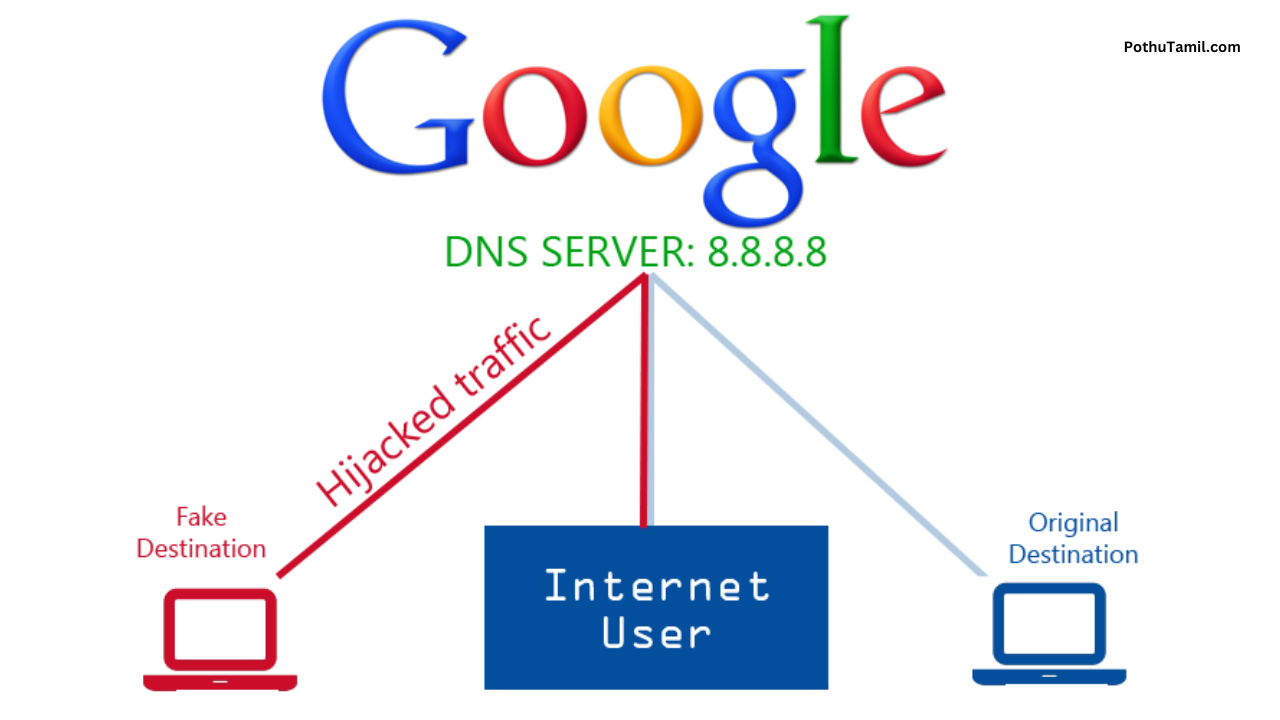Introduction
In today’s hyper-connected digital world, speed, security, and reliability on the internet are more important than ever. One of the most overlooked yet crucial elements in your internet experience is the Domain Name System (DNS)—often described as the phonebook of the internet. Every time you type a website address, your device uses a DNS server to translate the domain name (like www.google.com) into an IP address that a computer can understand. While most people rely on their Internet Service Provider’s default DNS settings, Google offers a powerful alternative known as Google Public DNS. In this full review, we will explore what Google DNS is, how it works, its features, benefits, drawbacks, and whether it’s the right choice for you.
What is Google DNS?
Google Public DNS is a free, global Domain Name System resolution service provided by Google. It was launched in December 2009 with the aim of making the internet faster, more secure, and more reliable for users across the world. Instead of using the DNS servers assigned by your ISP, you can manually configure your device or router to use Google’s DNS addresses. The IPv4 addresses for Google DNS are 8.8.8.8 and 8.8.4.4, while the IPv6 addresses are 2001:4860:4860::8888 and 2001:4860:4860::8844.
This service acts as an intermediary between your device and the internet, quickly resolving domain names into IP addresses so that you can access websites and online services efficiently. Google DNS servers are strategically distributed across data centers around the world to ensure fast resolution regardless of your geographic location.
Performance and Speed
One of the key reasons many users switch to Google DNS is for improved performance and speed. Most default DNS servers provided by local ISPs are not optimized for global reach or fast caching, which can cause delays when loading websites. Google DNS, on the other hand, leverages its powerful global infrastructure to resolve DNS queries more efficiently.
Because Google maintains numerous servers and uses Anycast routing technology, your DNS queries are automatically routed to the nearest available Google DNS server. This minimizes latency and improves response times, especially when accessing websites hosted in different regions. For users in countries like India, this often translates into noticeably faster browsing and smoother streaming experiences compared to traditional DNS services.
Security Features
Security is another major reason to consider switching to Google DNS. The internet is rife with threats such as DNS spoofing, cache poisoning, and man-in-the-middle attacks. Google DNS includes several layers of security enhancements to protect users from malicious activities.
It supports DNS-over-HTTPS (DoH) and DNS-over-TLS (DoT), which are encrypted DNS protocols. These prevent third parties from intercepting your DNS queries and seeing what websites you are visiting. While encryption is not enabled by default on all devices, many browsers and operating systems now support these features and can be configured to use Google DNS securely.
Furthermore, Google Public DNS has built-in defenses against DNS amplification attacks and denial-of-service (DoS) threats. This means it not only protects individual users but also contributes to overall internet stability.
Privacy Considerations
When it comes to privacy, some users raise concerns about using a DNS service from Google—a company known for data collection and advertising. However, Google DNS operates under a specific privacy policy that distinguishes it from other Google products.
According to Google, the DNS service does not correlate DNS queries with personally identifiable user information. Temporary logs containing IP addresses are kept for up to 48 hours to troubleshoot technical issues, after which they are deleted. Longer-term logs are stripped of identifying data and used only for performance analysis and abuse prevention. While this is more privacy-conscious than many commercial DNS services, it still involves data handling that may not satisfy users looking for maximum anonymity.
Those with stricter privacy needs may prefer using privacy-first DNS providers like Cloudflare (1.1.1.1), which commits to not logging user data at all. Still, for the average user, Google DNS offers a good balance of performance, transparency, and security.
Reliability and Uptime
Google DNS is also known for its exceptional reliability. With a global network of redundant servers and real-time monitoring, the service boasts extremely high uptime. Even during peak internet usage or network disruptions, users rarely experience DNS-related failures when using Google’s servers.
The infrastructure behind Google DNS is capable of handling massive volumes of queries—billions per day—without delays or service degradation. This reliability makes it a popular choice not just for home users, but also for educational institutions, developers, and small businesses that require consistent network performance.
Compatibility and Setup
Another strength of Google DNS is its broad compatibility. It can be used with virtually any device or operating system, including Windows, macOS, Android, iOS, Linux, and even smart TVs and gaming consoles. Configuration is simple and usually takes just a few minutes.
You can change DNS settings on your local device or directly on your Wi-Fi router to ensure all connected devices benefit from Google DNS. Many routers also support IPv6 settings, allowing you to use Google’s newer address format for more efficient routing.
Some third-party tools and custom firmware like DD-WRT, OpenWRT, and pfSense also support Google DNS, giving advanced users more flexibility and control.
Use Cases and Ideal Users
Google DNS is particularly beneficial for users experiencing slow internet speeds due to inefficient DNS routing by their local ISPs. Gamers and streamers may also notice reduced lag and faster connection times when switching to a reliable DNS provider like Google. For those living in areas with underdeveloped internet infrastructure, Google DNS often provides a noticeable performance boost.
On the other hand, if your ISP already provides high-quality DNS or if you are using a VPN that manages DNS internally, switching to Google DNS might not offer significant advantages. Similarly, if privacy is your top concern, you might lean toward DNS providers that promise zero logging and stronger anonymity policies.
Comparison with Other DNS Providers
While Google DNS is a powerful option, it’s worth comparing it with alternatives. Cloudflare DNS (1.1.1.1) is known for speed and privacy, with a strict no-logs policy. OpenDNS, now owned by Cisco, offers customizable parental controls and content filtering. Quad9 focuses on cybersecurity, blocking known malicious domains.
Each DNS service has its own strengths, but Google DNS stands out for its overall balance of speed, security, reliability, and ease of use. Its global presence and Google-backed infrastructure make it a trusted choice for millions.
Final Thoughts
Google DNS is more than just a free alternative to your default DNS settings. It’s a robust, high-performance service designed to improve your internet experience by providing faster, safer, and more reliable domain name resolution. While there are minor concerns regarding data handling, Google’s transparent approach and technical excellence make it a smart choice for most users—especially those in regions where ISP performance is inconsistent.
Whether you’re looking to speed up your browsing, safeguard against DNS attacks, or simply take more control of your online activities, Google Public DNS is one of the most effective and trusted options available today. With minimal setup and maximum benefit, it continues to play a critical role in the broader ecosystem of internet infrastructure.




Bc
5G
Dc
12 mark sheet
Kanisshkar